Putting these items in your checked baggage could leave them vulnerable to damage and theft or have them flagged by the TSA. Whether it’s because they’re fragile, flammable, or highly valuable, these 20 items shouldn’t be put in your checked baggage when flying.
Fragile Items
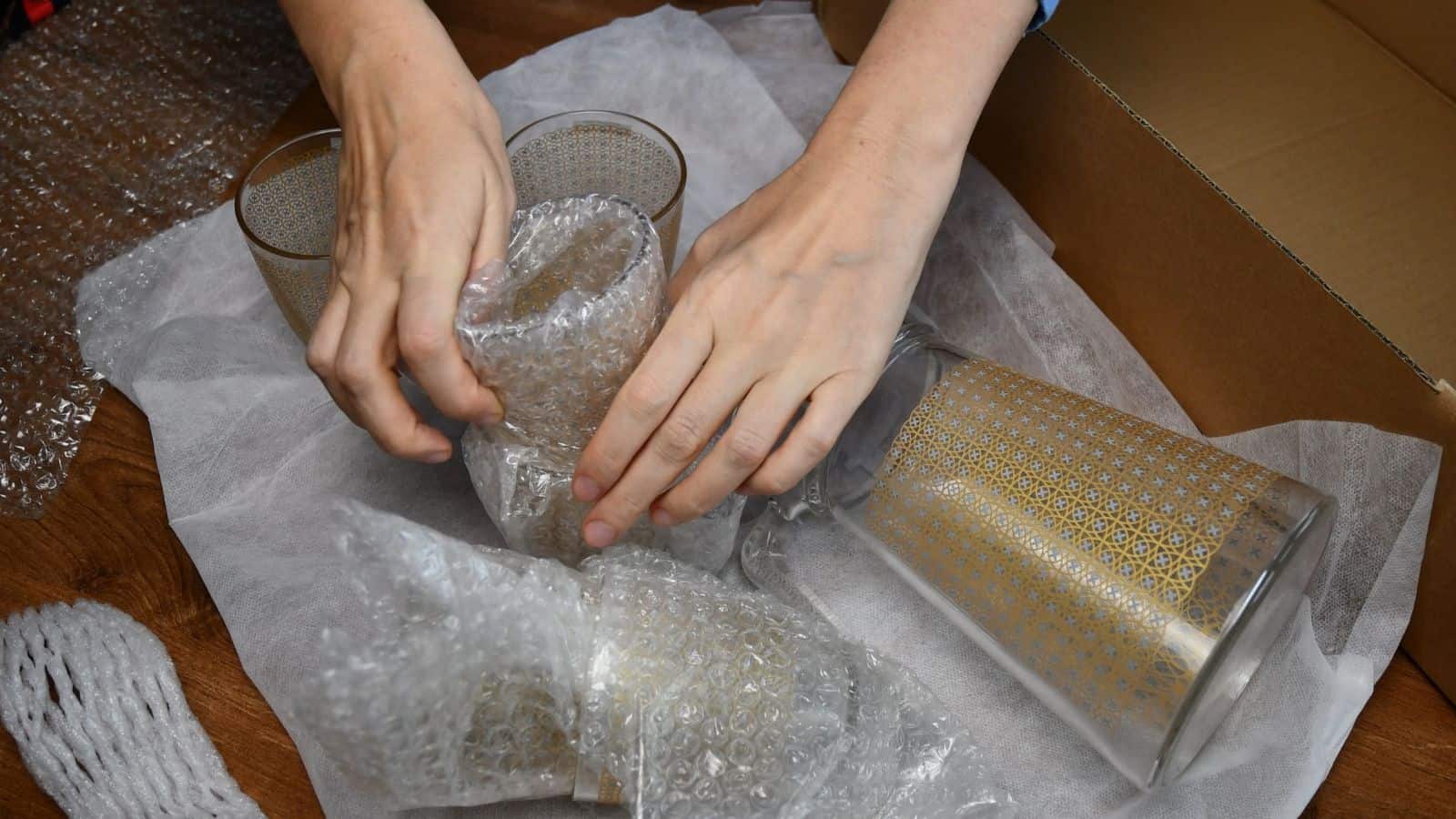
Fragile items that don’t pose a security risk should be carefully wrapped and stored in your carry-on bag. Checked baggage is often subject to rough handling, which could break your fragile items.
Valuable Items

Valuable items like laptops, jewelry, and watches are best stored in carry-on bags. USA Today also explains that “every item you didn’t have with you when you originally left the United States” needs to be declared on a U.S. Customs declaration form.
Perishables

Perishables like fresh or frozen fruits, vegetables, meats, and baked goods should be packed in carry-on luggage. They can be packed with dry ice to prevent spoilage during your flight at a colder temperature than the cargo hold.
Cash and Credit Cards
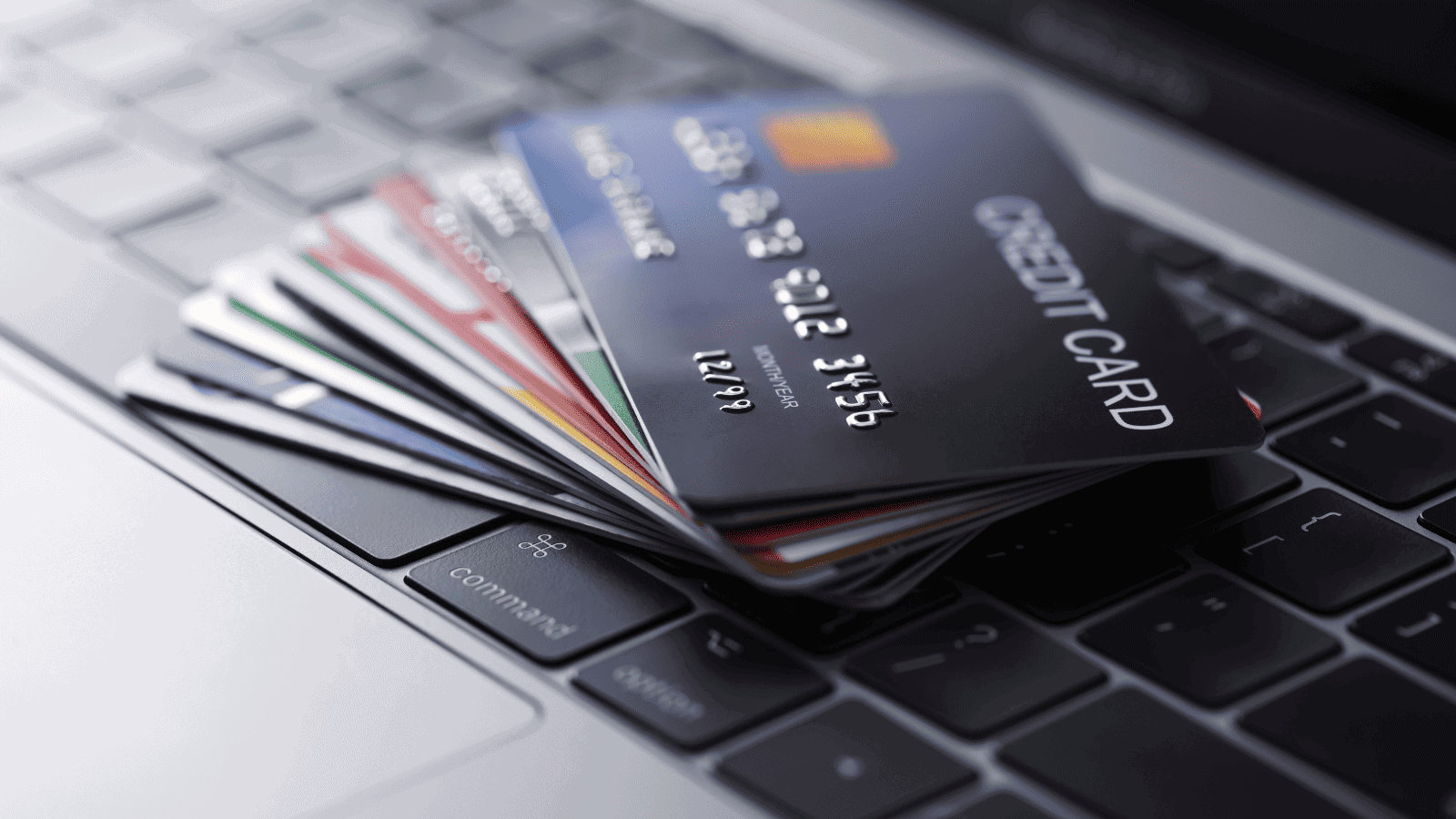
Cash and credit cards are at a high risk of theft when traveling, so it’s best to keep them in your carry-on luggage. Wearing a money belt or storing your cash and credit cards in hidden pockets will reduce the risk of them being stolen.
Jewelry
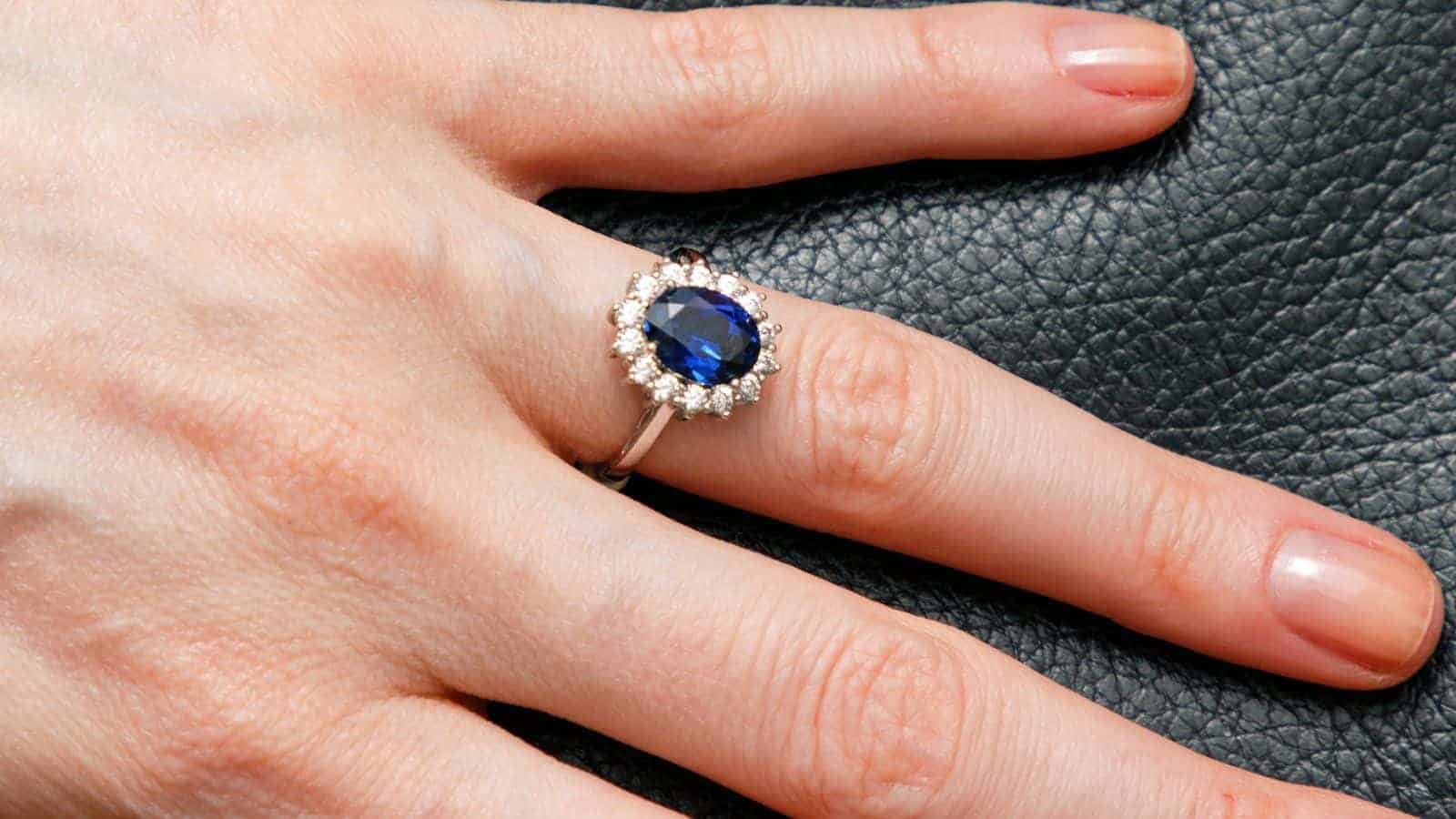
Jewelry can be highly valuable and often has sentimental value after being bought by a loved one or inherited. To avoid being targeted by thieves, keep it in a safe pocket or a secret compartment in your carry-on bag.
Electronics
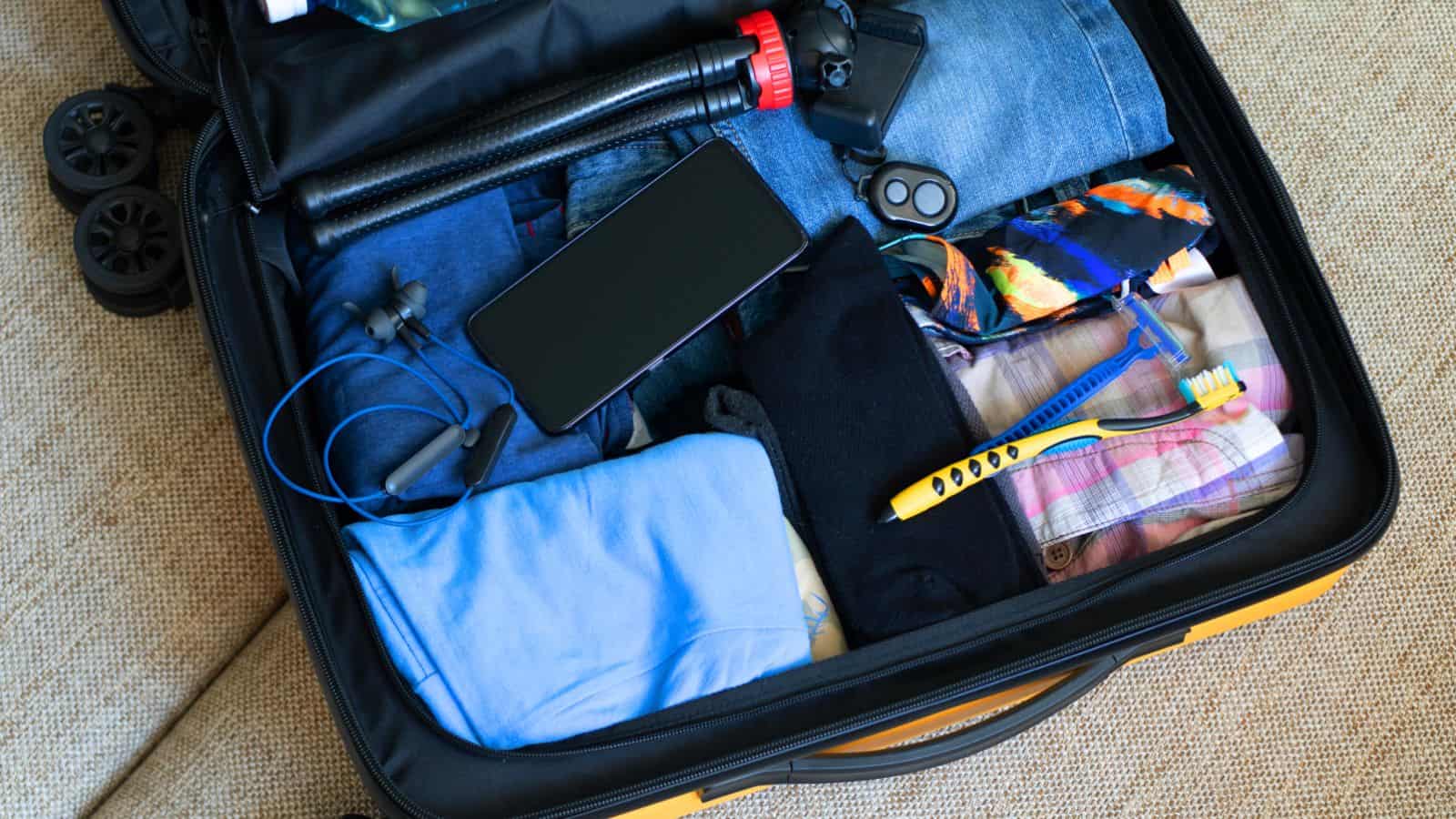
Electronics can generally be stored in checked luggage, but taking them in a carry-on bag is better to avoid damage or theft. The FAA advises taking “devices containing lithium metal or lithium-ion batteries” like smartphones and laptops in carry-on baggage.
Laptops and Tablets
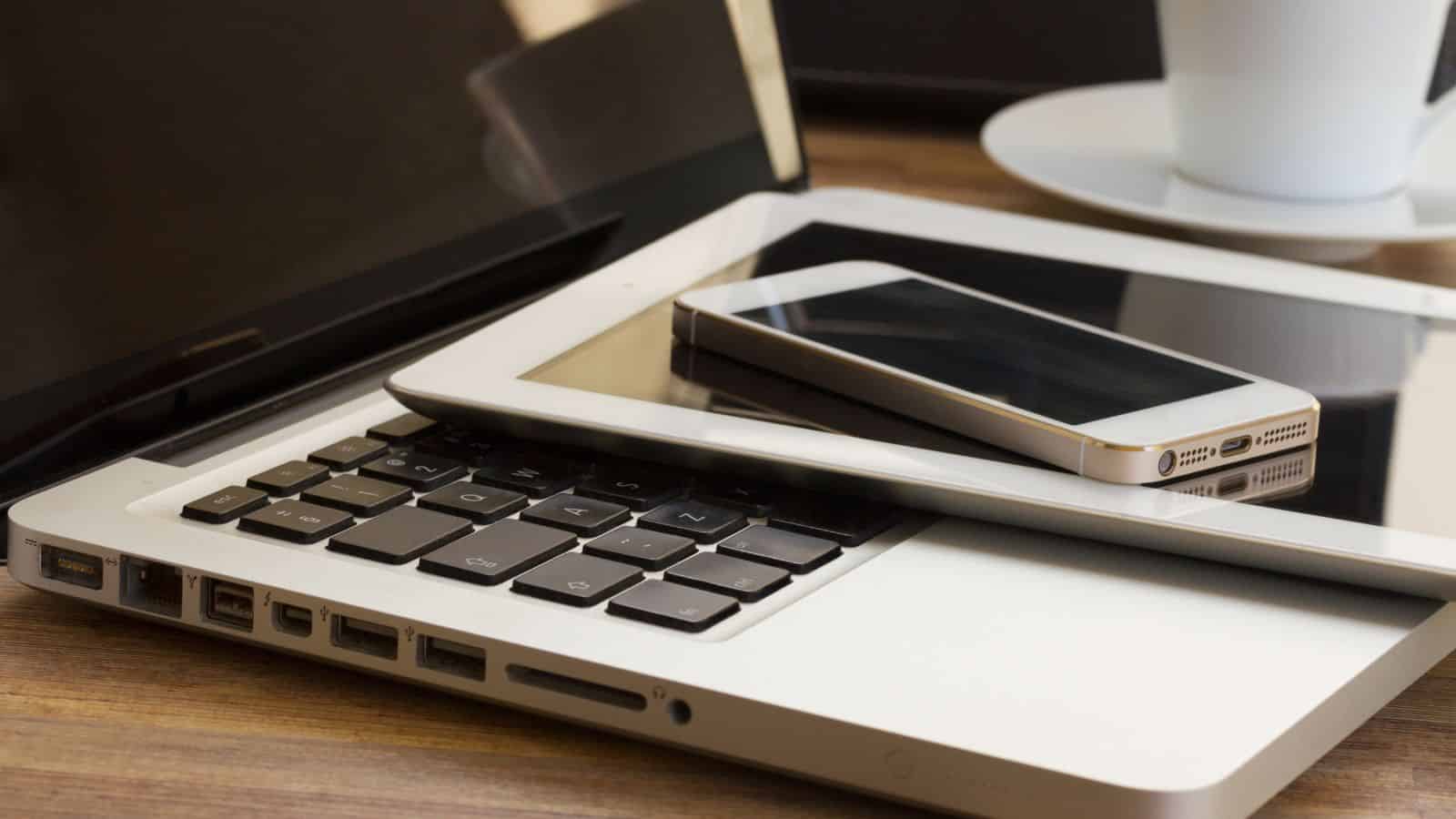
Laptops and tablets should be packed in carry-on luggage to avoid damage during handling or theft. They may also be subject to battery regulations that require them to be stored in a carry-on.
Keys
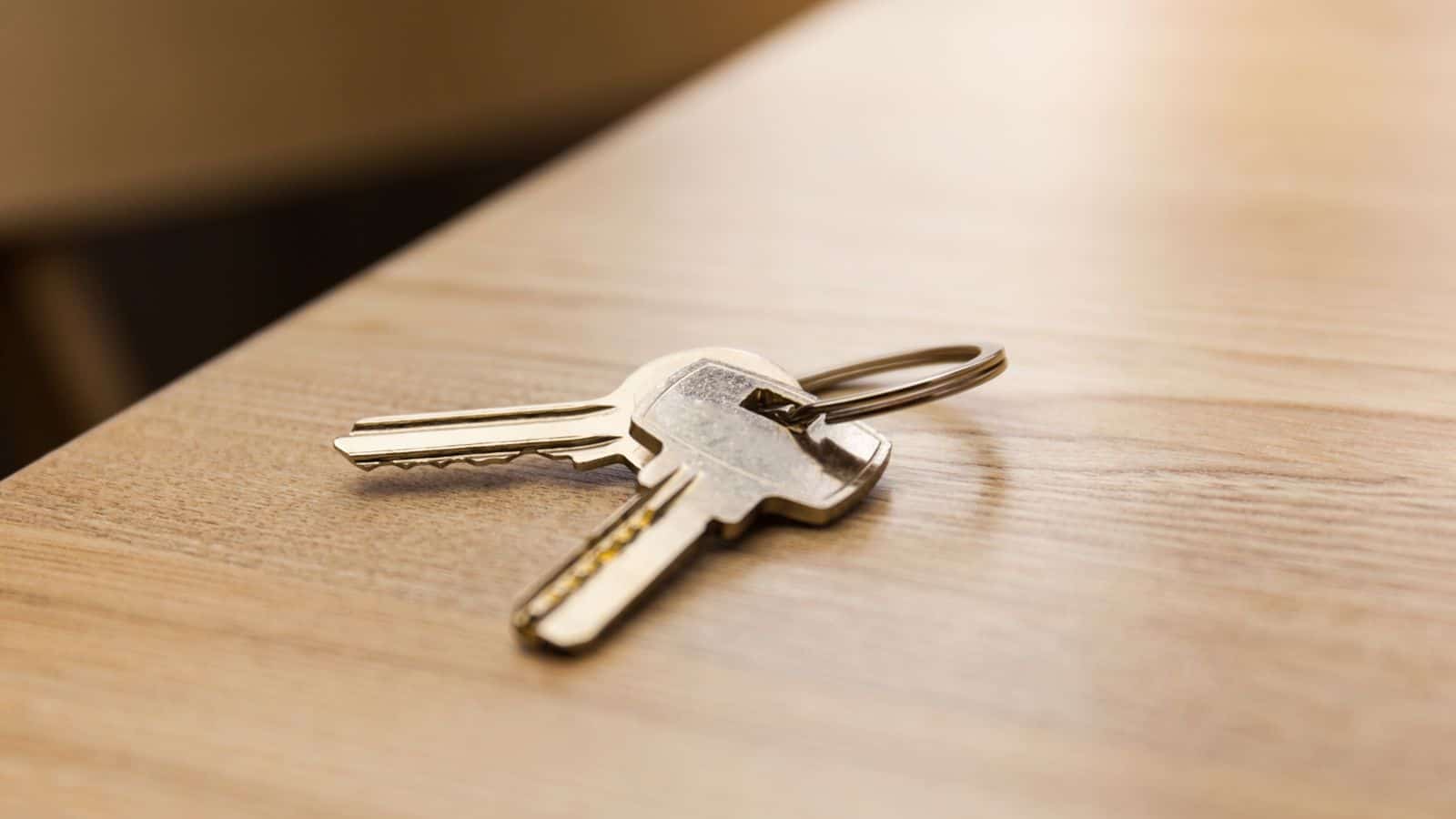
Keys are essential for accessing your home, car, and locked luggage, so keeping them in your checked baggage isn’t a good idea. Keep them in a zipped pocket or a wallet to avoid losing them during your flight.
Medications

Medications can be stored in checked baggage, but it’s important that they’re accessible, especially during a long flight, so it’s better to take them in carry-on. The TSA recommends taking medication in carry-on bags “in the event that you need immediate access.”
Cameras and Film

Cameras are high-value items that are likely to be targeted by thieves, so it’s best to store them in your carry-on bag. They’re also vulnerable to damage from handling, so placing them in your carry-on will avoid that.
Liquids Under 100 mL
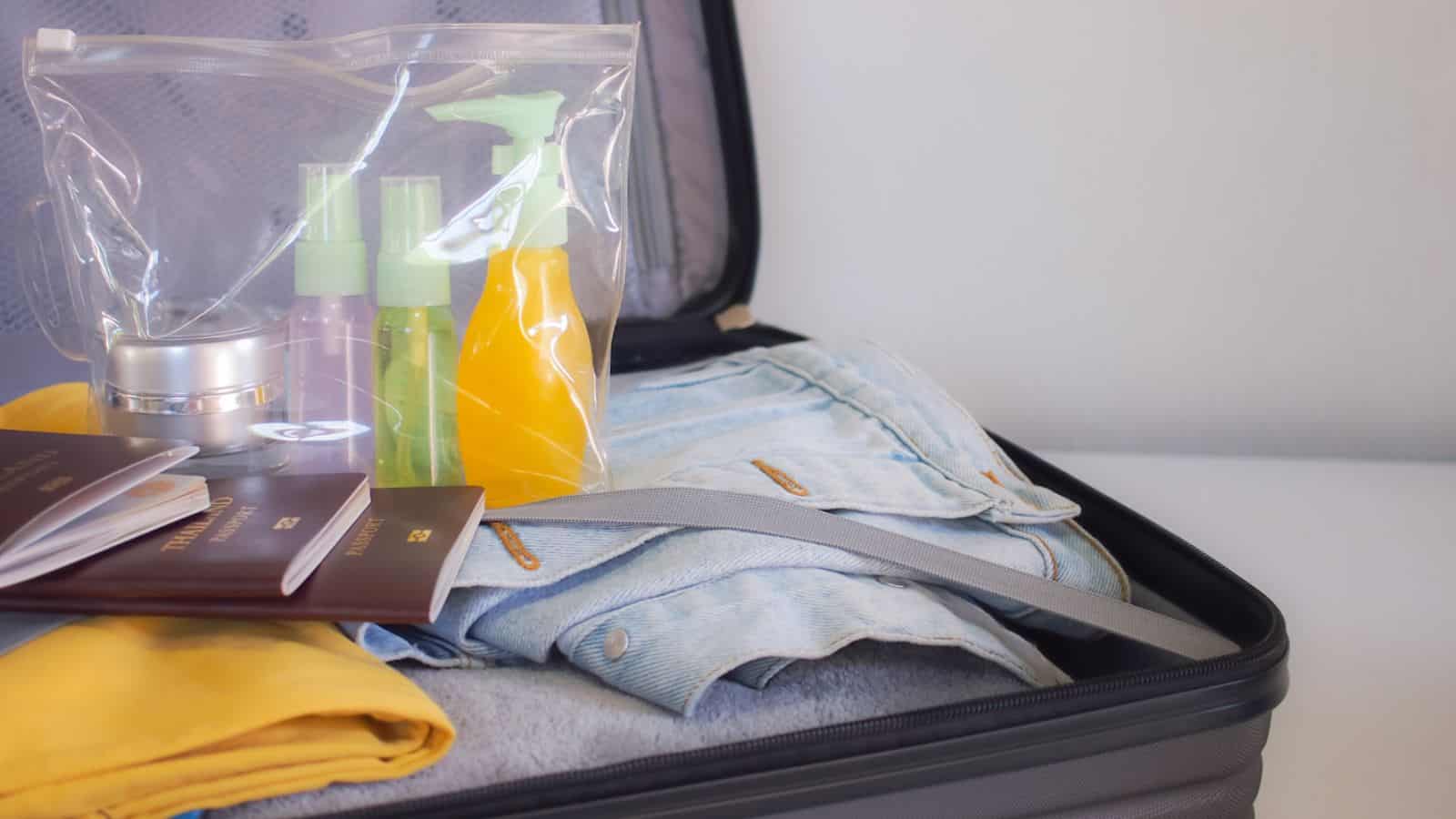
Liquids under 100 mL or 3.4 ounces can be stored in one quart-size resealable bag and carried on in carry-on luggage. Larger liquids need to be stored in checked baggage, but smaller items can be easily accessed during your flight.
Lithium Batteries
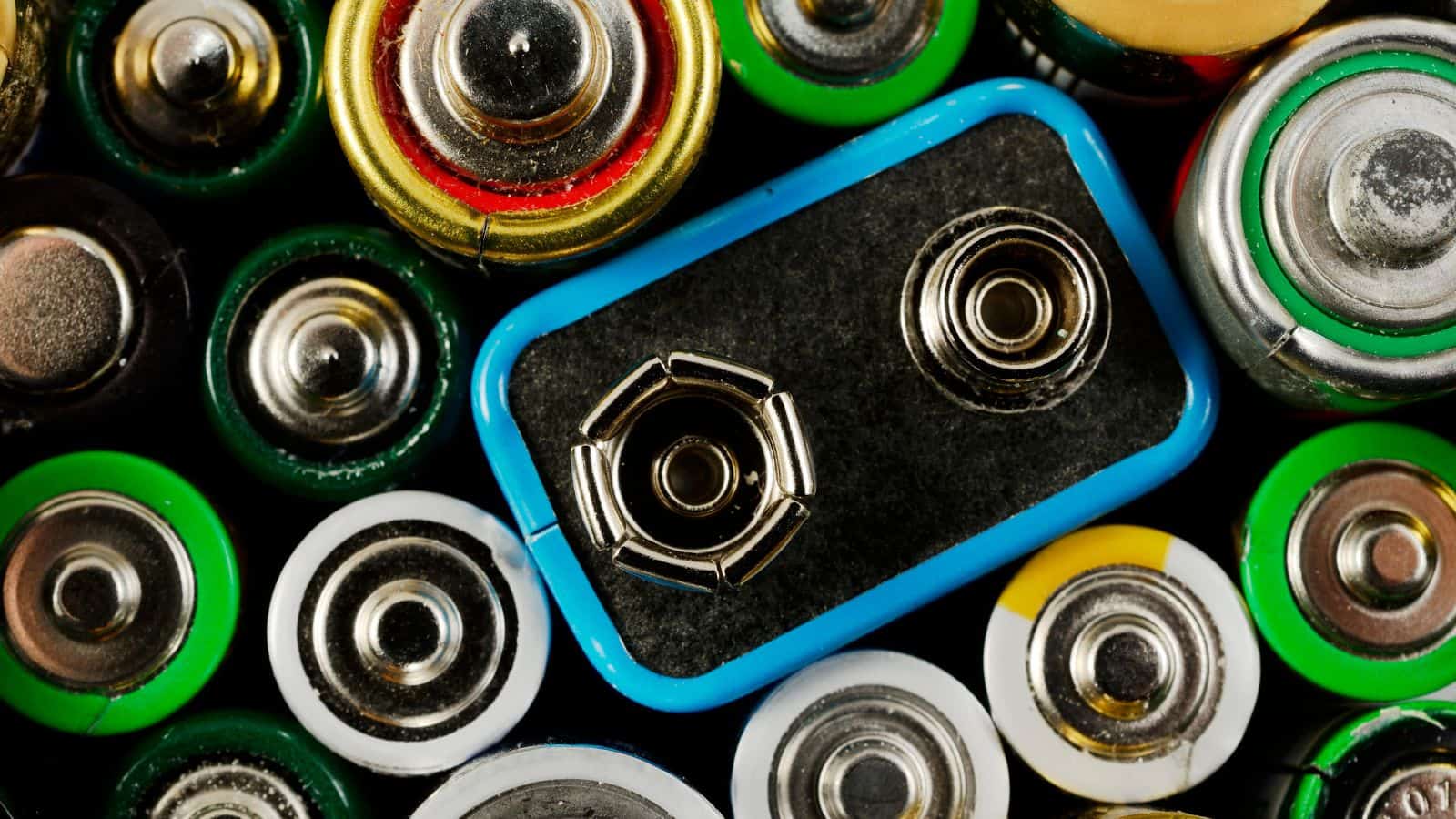
Lithium batteries can’t be stored in checked baggage. The TSA explains that spare, uninstalled lithium-ion and lithium-metal batteries, like power banks and cell phone battery charging cases, must only be stored in carry-on bags.
High-proof Alcohol

Most alcohol can be packed in checked luggage if unopened, but anything over 140 proof, or 70%, is banned. Higher-proof alcohol is more flammable and increases the fire risk during the flight.
E-cigarettes and Vapes
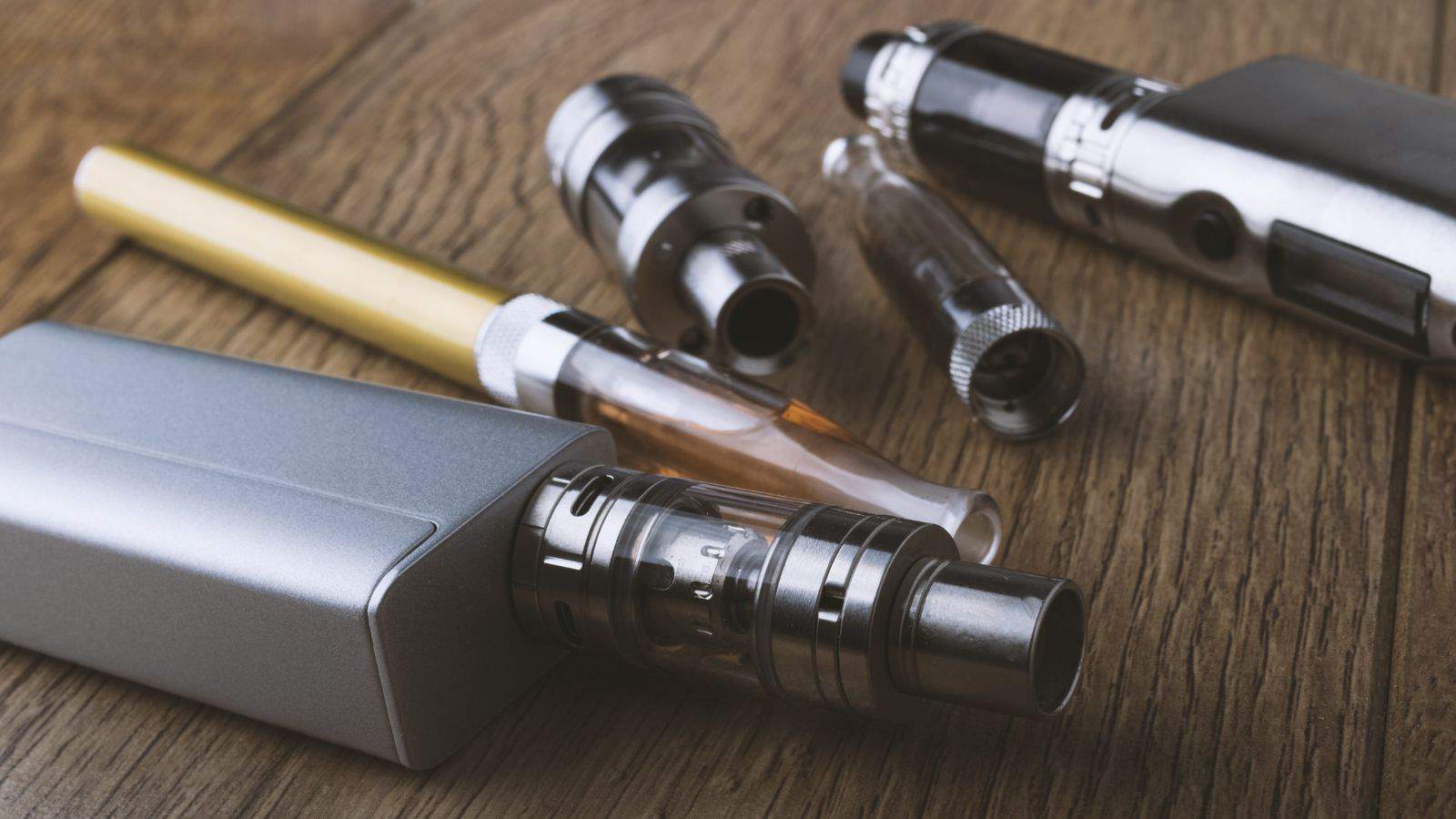
E-cigarettes and vapes contain flammable lithium batteries, so they’re not allowed in checked luggage. They can generally be taken in a carry-on bag because fires are more easily extinguished in the cabin, but some airlines restrict the number that can be packed.
Musical Instruments

Musical instruments are at risk of damage from rough handling when checked baggage is moved onto the plane, so they should be well protected if they must be checked in. Smaller instruments like violins or ukuleles are usually accepted as carry-on luggage.
High-Value Collectibles

High-value collectibles like card collections or rare video games should be stored in your carry-on bag. This reduces the chance of them being damaged during transport or targeted by thieves.
Important Documents
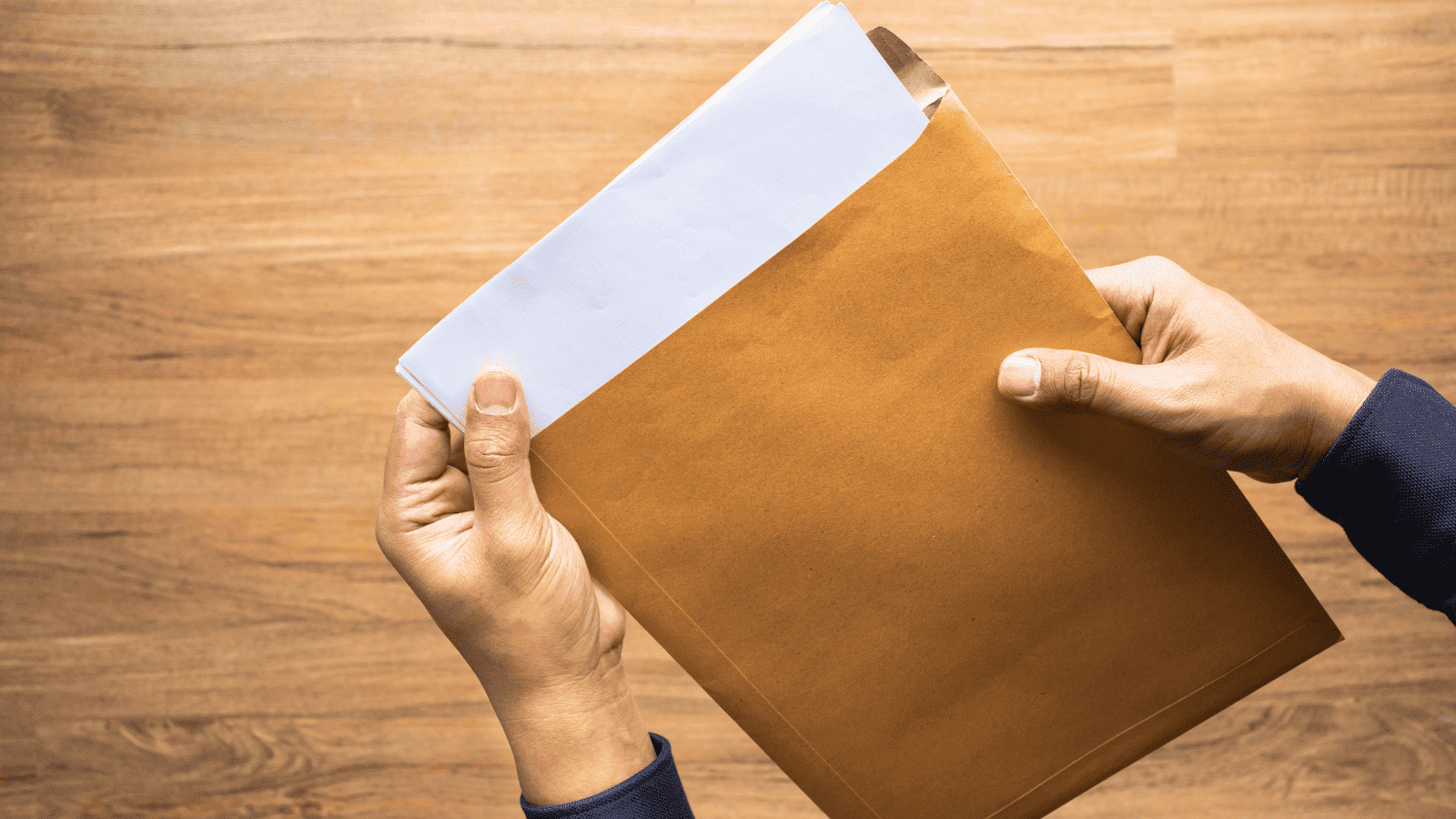
Important documents, including your driver’s license, passport, or permanent resident card, should be stored in your pockets or carry-on bag. The TSA explains that “adult passengers 18 and older must show valid identification at the airport checkpoint” to travel, including a driver’s license and a driver’s passport.
Ammonia and Bleach

The TSA will flag ammonia and bleach in checked baggage because they are explosive and flammable. They’re classified as corrosive materials and aren’t allowed in checked or carry-on luggage.
Fireworks
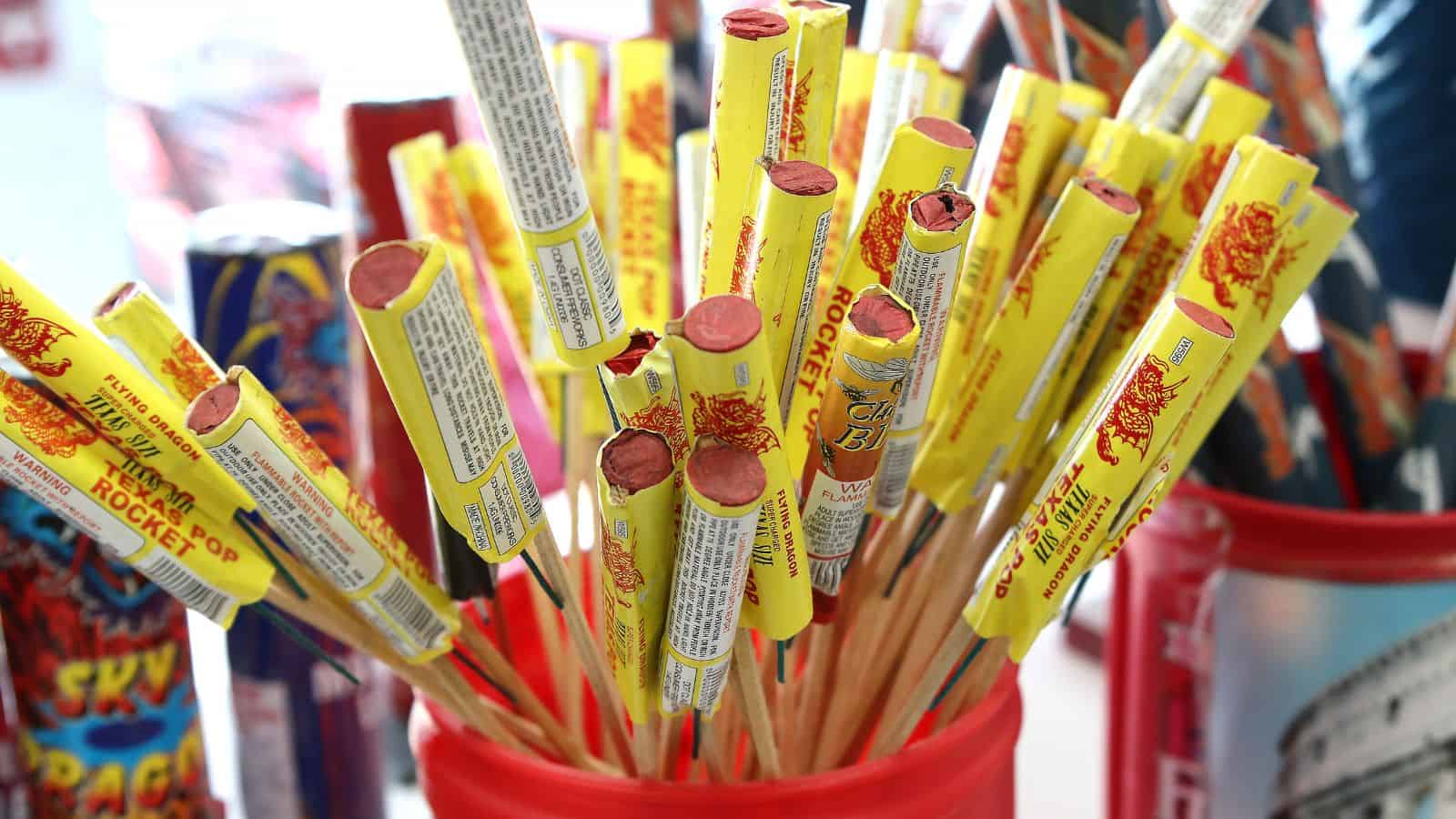
It may be tempting to pack fireworks when traveling before the 4th of July or New Year’s, but they’re banned by the TSA. They’re explosives that could be incredibly dangerous in the cabin or hold.
Chemical Kits
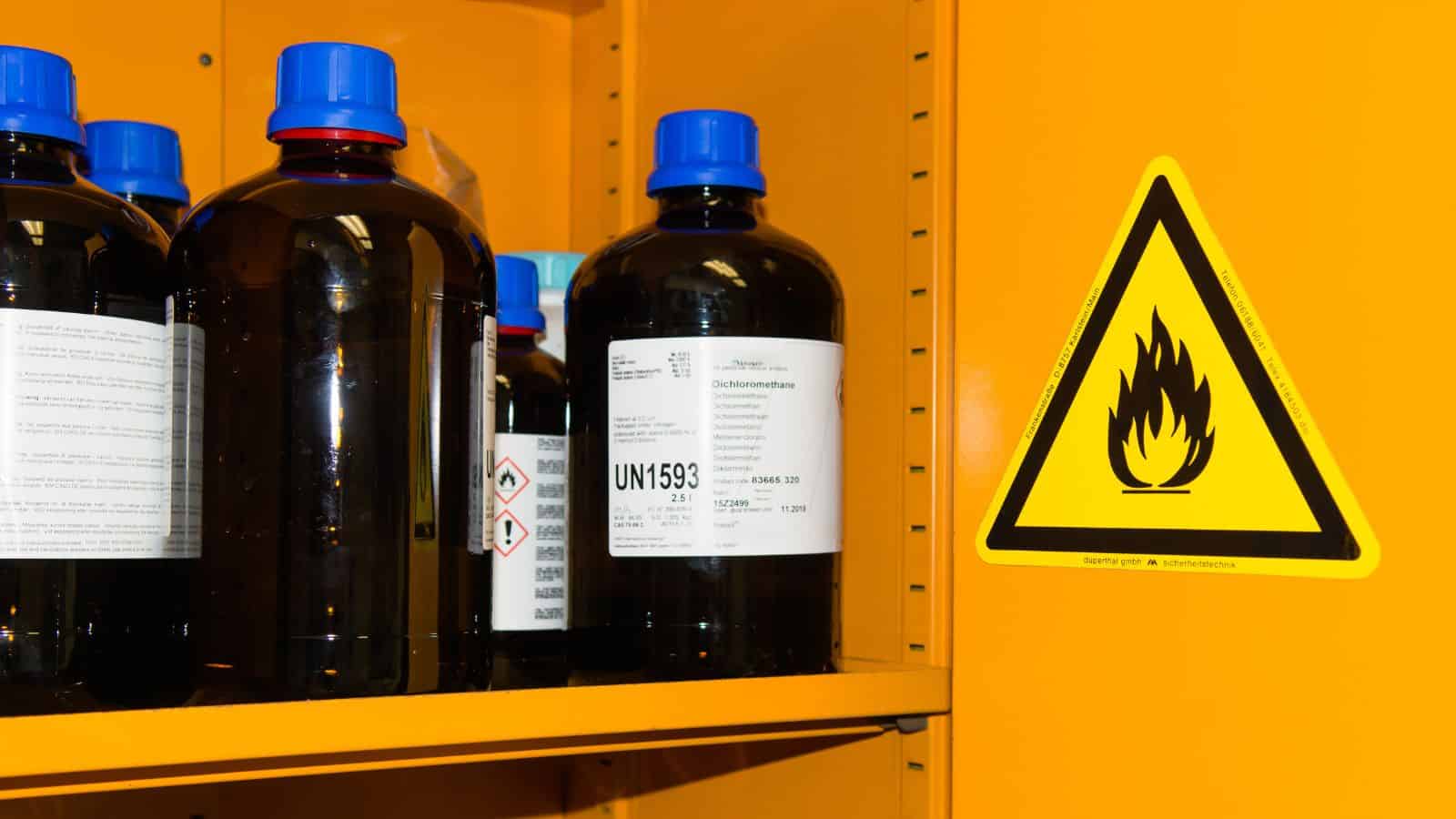
Chemical kits, such as kids’ chemistry kits or water and soil testers, are banned for checked luggage and carry-on bags. They contain chemicals that could explode, such as oxidizers, organic peroxides, and corrosives.
Up Next: 19 Signs That Say You’ve Officially Entered Old Age

Old age comes for us all, though we do our best to resist it for as long as possible. But aging isn’t only gray hair, wrinkled skin, and yelling at kids to get off your lawn. Here are 19 signs you’ve realized you’re no longer the young stud you once were!
19 SIGNS THAT SAY YOU’VE OFFICIALLY ENTERED OLD AGE
17 Things That Are Too Woke For Boomers

Our society is so different from what it was decades ago, and boomers don’t like much of what everyone considers normal in today’s society. In this light, here are 17 things about ‘woke culture’ that particularly make boomers uncomfortable.
17 THINGS THAT ARE TOO WOKE FOR BOOMERS
17 Things You’re Just Too Old To Be Doing Anymore

The older you get, the more fragile you are physically and mentally, so it’s important to prioritize your well-being every day. Whether you still feel young at 50 or are closer to 80, we’ve compiled 17 things you’re too old to be doing anymore.
